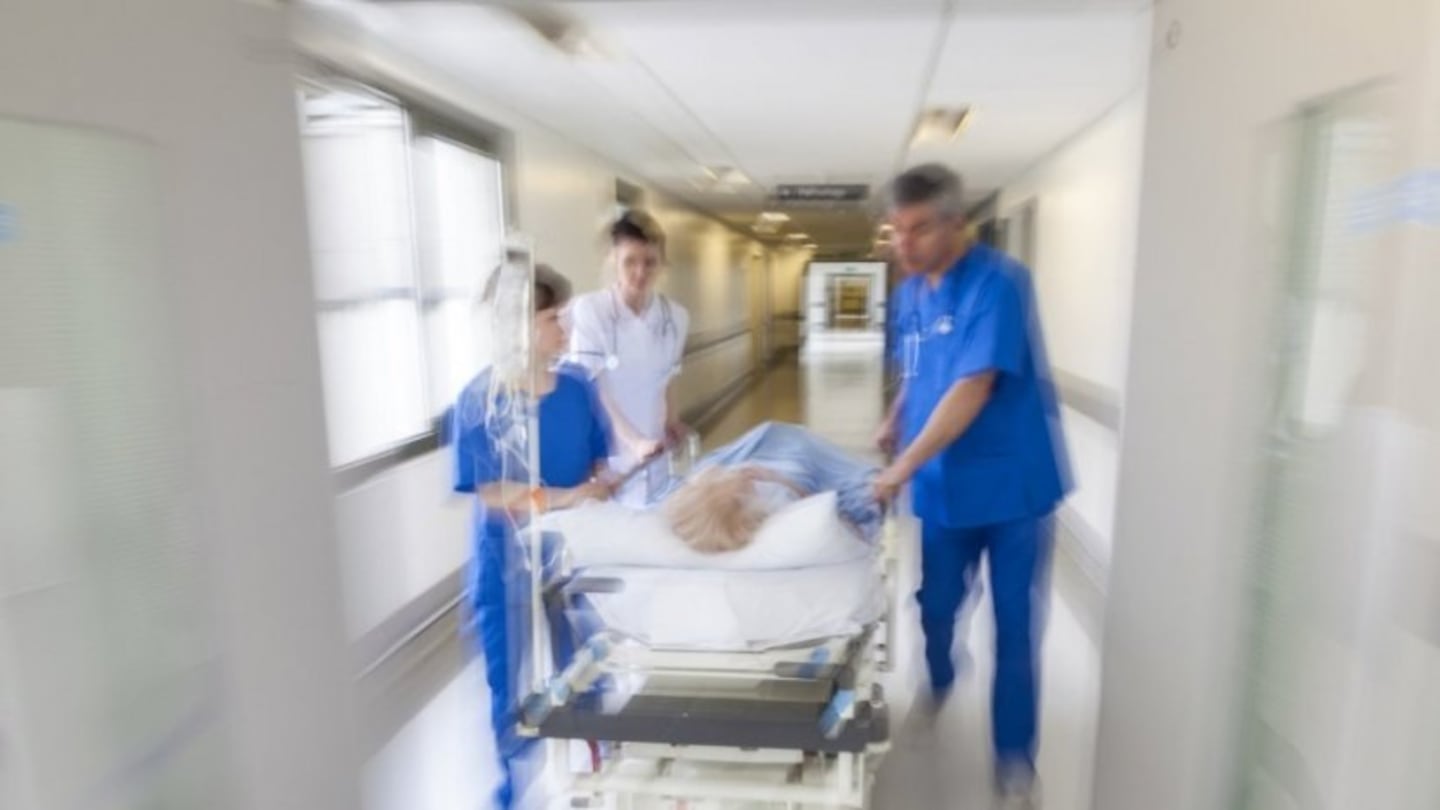A new report shows changes are urgently needed to ensure the future of the health workforce in Aotearoa reflects the communities it will serve.
Professor Denise Wilson (Ngāti Tahinga), who co-authored the report, says Māori are particularly underrepresented in the health profession. Māori make up only 7 per cent of nurses but, by comparison, Māori are about 16.5 per cent of the general population in Aotearoa.
"That's been that way for about four decades. It has hovered around that figure. So we've got a chronic underrepresentation."
The collaborative research with Waipapa Taumata Rau - University of Auckland, and Auckland University of Technology sets out to provide the sociodemographic profile of students enrolled in their first year of a health professional programme in New Zealand between 2016 and 2020.
Data from about 20,000 students representing 10 of the 23 organisations in New Zealand that provide health professional programmes were analysed, specifically looking at gender, citizenship, ethnicity, rural classification, socioeconomic deprivation, school type and school socioeconomic scores.
Wilson is calling for a national coordination system that monitors data around the number of Māori and Pacific healthcare students.
Hard policy decisions needed
"We want agencies to look at how they fund and make funding decisions, particularly around making funding decisions based on Te Tiriti [o Waitangi].
"It's going to take considerable commitment. We know this has been an issue forever but we also need to make some hard policy decisions over how we are going to support our Maori and Pacific students, particularly those who are socially and economically disadvantaged and live rurally. Cost and access are significant issues for our people wanting to go into the health occupations."
The enrolment rate for Māori students is about 99 per 100,000 of the eligible population and 100 per 100,000 for Pacific students. That compares with 152 per 100,000 for New Zealand European students.
Wilson says having a workforce that reflects its community will help reduce the inequities seen in the health system.
More representative participation
"Access and quality of care are reflected in poor outcomes that Maori have and that we're more likely to die roughly around seven years earlier than other New Zealanders. And we have our whānau mistrust the health services that they need to seek. So, seeing Māori health professionals is really quite warming for our whānau.
As well as having funding decisions reflect Te Tiriti and a national coordination system, the authors of the report made one other recommendation, largely directed at central government agencies responsible for health workforce policies.
That recommendation is for mechanisms to be developed to allow the agencies that fund tertiary education to base their funding decisions directly on the projected needs of the health system
Professor Warwick Bragg of Waipapa Taumata Rau says there needs to be a clearer focus on ensuring wider and more representative participation in health professional training courses.
"This can be achieved through greater coordination between the education system and the health system. This is eminently achievable."
Wilson says it is long overdue. "And I think this is an urgent issue facing our health profession. Te Whatu Ora and Te Aka Whai Ora have already said that they need to have an increase in the Māori health workforce, but it's going to take a concerted effort on education and health working together."



